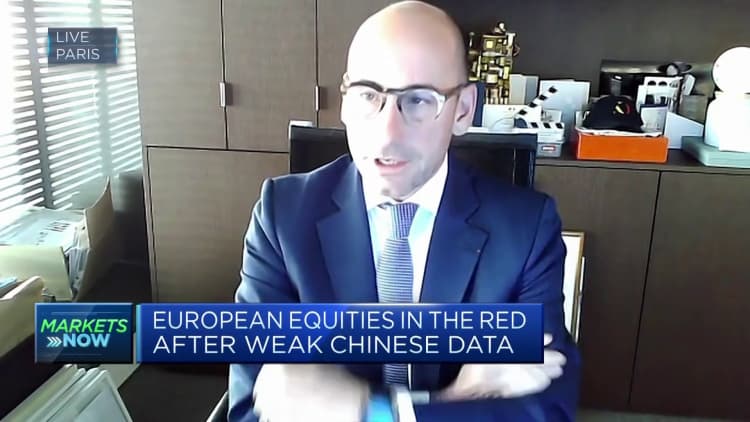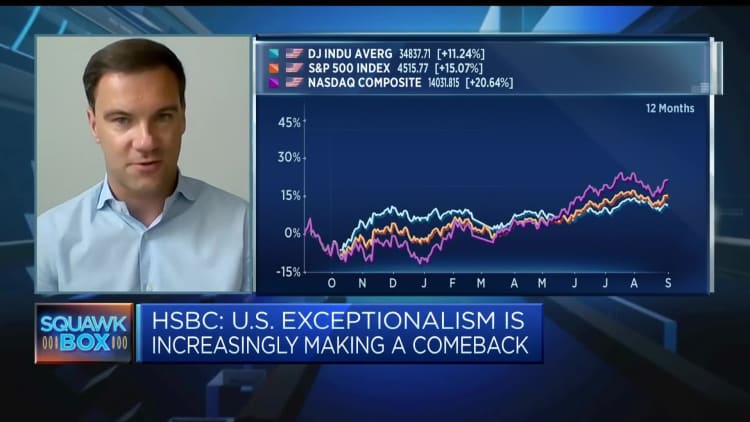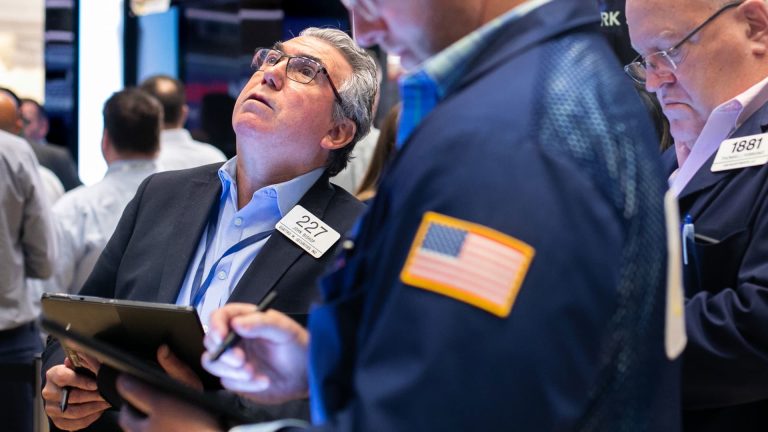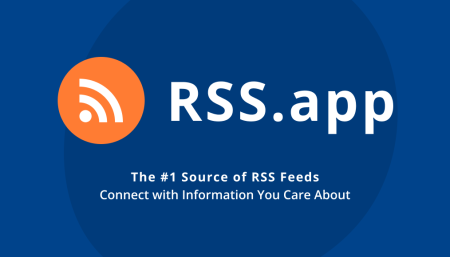Stock markets are coming off a rough month, but strategists at some of Wall Street’s biggest banks are cautiously optimistic that investors can find returns through the rest of the year and beyond.
Global stocks notched their second-worst month of the year in August, with the MSCI broad aggregate of world indexes dropping 2.96%, according to LSEG data.
Risk sentiment was hit by soaring bond yields on expectations that interest rates will need to stay higher for longer, along with growing concerns over the world’s second-largest economy, China.
This has carried into a tepid start to September trade, but Madison Faller, global investment strategist at JPMorgan Private Bank, said in a research note on Friday that 2023 can still finish strong.
“While there are still things we don’t know, the read from the key players — central banks, Wall Street, Main Street and the C-suite — suggests that the outlook feels brighter today than it did a year ago,” Faller said.
“After the late-summer swoon in stocks, valuations look less stretched than they did before, offering another chance to rebuild equity exposure — especially for those pockets of the market that haven’t rallied as much this year.”
She also noted that the currently higher interest rates — with the Federal Reserve hiking its main rate to a range of 5.25%-5.50% in July — offer a “better entry point for bonds and even more protection against any unexpected spikes.”
Fed Chair Jerome Powell reiterated at the central bank’s recent Jackson Hole symposium that the work on bringing down inflation was not done, but a sharply decelerating headline consumer price index and a resilient economy have fuelled expectations of another pause in the hiking cycle this month.
The debate over the trajectory of monetary policy has now moved from how high rates will go to how long the Fed and other central banks will hold them at an elevated level.
“If inflation continues to cool at the same time central banks hold rates, this actually means the real policy rate (the nominal policy rate minus inflation) is actually getting more restrictive,” Faller said.
“Barring something unexpected that catalyzes inflation to reaccelerate, this could set the stage for the Fed to cut rates down the line, even if Powell didn’t outright say so.”
Markets are penciling in the first Fed cut for next summer, though other major central banks such as the European Central Bank and the Bank of England are some way behind, given more persistent inflation in their respective regions.
Swerving a recession?
Though a slim majority of the market still expects a U.S. recession in 2024, Goldman Sachs recently brought its estimate for this possibility to the 15% level of any standard year. The bank has long called for a “soft landing.”
“That is not a bad environment for equities, particularly when you consider also that inflation has peaked, and although rates, we think, will not come down as quickly as the market is pricing, and that’s a risk, it’s not a very bad environment,” Goldman’s Chief Global Equity Strategist Peter Oppenheimer told CNBC on Wednesday.
“That being said, alternative investments are looking attractive — cash, bonds — and that reduces the relative attraction of equities, and, also, I think we have to acknowledge we’re not seeing much in the way of profit growth, so selectivity, I think, is still going to be crucial in a relatively moderate index environment.”

JPMorgan Private Bank also does not see a recession, despite the prospect of higher for longer interest rates, instead backing a “softish landing” — which involves a slowdown, but not a sudden halt in economic activity.
Faller noted that there are some “pain points,” with 30-year fixed mortgage rates hitting a 22-year high in the U.S. in August, and with credit card delinquencies ticking up from their very low base, along with the end of the student debt moratorium.
“Even with those challenges in mind, consumers haven’t changed their behavior all that much. The most recent U.S. retail sales gauge showed spending is still pretty solid, and earnings from big retailers signposted the same,” she added.
“Rather, more of the changes seem to be happening at the margin, as consumers are shifting away from brand names and toward some thriftier options, and reorienting back toward goods (e-commerce is actually accelerating) after a red-hot year for services that were disrupted by COVID.”
Opportunities in ‘strong balance sheet tech’
The prevailing theme of the latest earnings season was upside surprises, with S&P 500 earnings contracting by circa 4% ,versus the 7.3% slide expected heading into the quarter, according to JPMorgan Private Bank. Faller also highlighted that 12-month earnings expectations for the S&P 500 have risen steadily since March.
“The biggest worries from the last year also seem to be fading. Mentions of things such as ‘inflation’ and ‘economic slowdown’ have fallen meaningfully, and most management teams seem pleasantly surprised by the durability of demand,” she added.
“With less worry about the near term, more firms are starting to focus on how they can continue growing in the long term. Mentions of ‘AI’ have skyrocketed, with companies across industries ramping up investments.”
Technology stocks, particularly those with a heavy focus on AI, have driven a huge portion of the market’s gains so far this year. Nvidia shares closed Tuesday’s trade up 232% since the start of the year, while Facebook parent Meta is up 149% and Tesla has climbed 108%.

A strong earnings season appears to have restored confidence in recent weeks after an early-August dip compounded by questions whether the soaring valuations of AI-relate stocks had become too stretched. The S&P 500 lost 1.77% in August, according to LSEG data.
Goldman’s Oppenheimer noted that the coming environment of higher for longer bond yields — and therefore the rising cost of capital, which the market hasn’t seen for over a decade — has already started to create differentials among company business models, as investors get selective.
“It has started to create more value attributed to strong companies with strong balance sheets, that are cash-generative and that can compound returns over time,” he told CNBC’s “Squawk Box Europe.”
“Technology has been a crucial driver again in the equity markets this year, but there’s a huge difference now between speculative, unprofitable tech which had very high valuations but has seen that erode as interest rates have gone up, and then very profitable, strong balance sheet tech, which is seen as more defensive.”
Read the full article here









